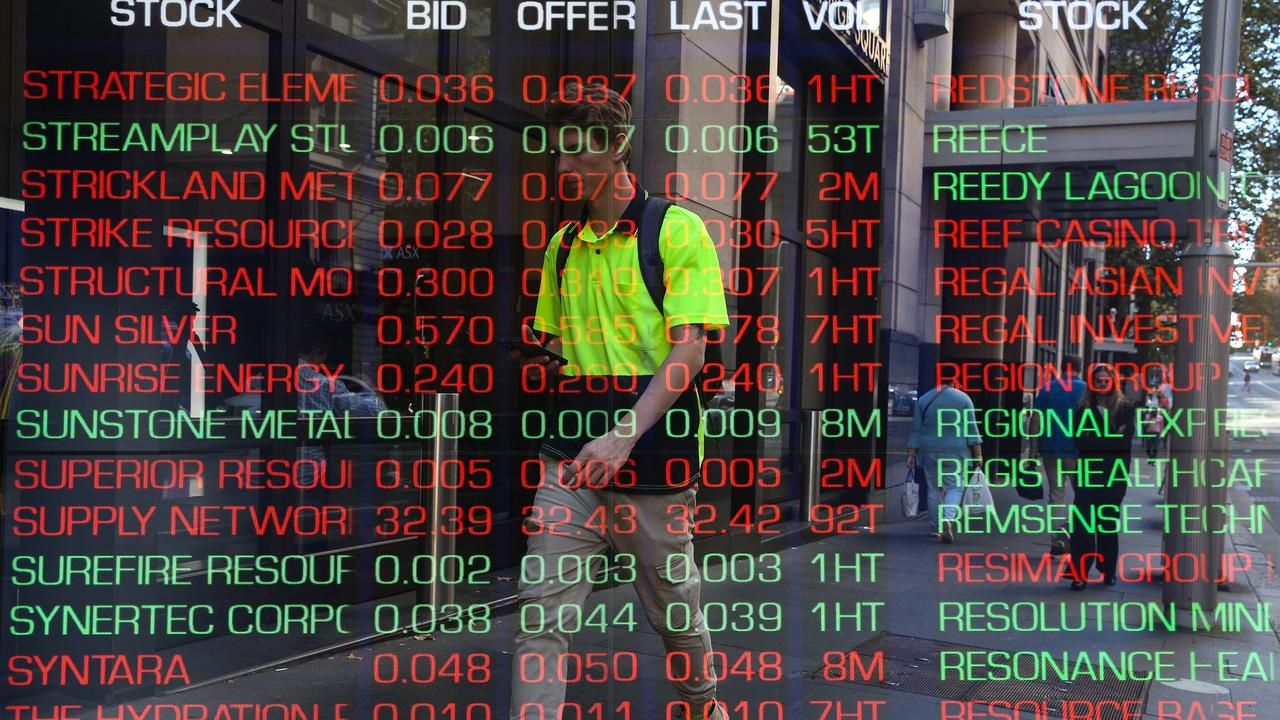Shareholders a low priority
SHAREHOLDERS do not rank as highly in the eyes of their company's board of directors as you might assume.

Shareholders a low priority
MOST shareholders would assume they rank highly in the eyes of their company's board of directors. That they're important, even. Well, think again.
Only 44 per cent of Australian company directors rank shareholders ahead of other stakeholders.
The majority of Australian directors think other groups are more important than the people who have invested their money in the company, according to an Australian-first survey of company directors.
This is in sharp contrast to the attitude of US companies where 80 per cent of directors put shareholders first.
A snapshot of the research also found that most directors would probably cut the dividend to shareholders as their first priority if company finances went into a down turn, while only a minority of directors thought increasing the share price was important.
The findings come from groundbreaking research by the University of Melbourne. It is the first survey in Australia to measure the attitudes of company directors and how they rank each group of stakeholders.
The research also found the relationship between investors and directors was often fraught, with about 25 per cent of directors reporting tensions between the company and its shareholders during the past 12 months.
However, it was usually only the chief executive who had to deal directly with shareholders.
The top complaint from investors according to directors was usually about the company's performance.
The biggest beef was financial performance, (60.4 per cent), they said, followed by proposed new business strategies (34.4 per cent) and proposed expenditure or investments (30.2 per cent).
When asked what actions directors would take in the event of a downturn in financial performance, the majority (59 per cent) said they would decrease or suspend the divididend to shareholders.
However, when times turn good, most directors (61 per cent) said they would increase the payout to shareholders.
The research also found a significant difference between listed and unlisted companies and the level of disagreement between directors and investors.
Listed company directors said the share price was a major area of tension within 43.5 per cent of companies, while only 12.3 per cent of unlisted company directors said this was a problem area for their shareholders.
This was despite investments in both listed and unlisted companies being valued on their share price.
Of all directors, at both listed and unlisted companies, only 45 per cent said that increasing the share price was important. However, 60 per cent of listed company directors said a higher share price was important.
Overall, most directors said there were more important things than share price, including growing the business and ensuring customer satisfaction.
Company expenses were also a large concern for shareholders in listed companies, while shareholders in unlisted companies did not consider this to be an area of tension.
The research, titled Company Directors' Views Regarding Stakeholders, for the first time provided direct evidence of directors' attitudes and business practice, co-author Professor Ian Ramsay said.
Despite only a minority of directors ranking shareholders as the most important stakeholder, 82 per cent said shareholders had the most power to influence management.
The research surveyed about 400 directors about their views on shareholders, employees, suppliers, creditors and corporate responsibility.
The majority of Australian directors, 55 per cent, thought the best interest of their company was served by balancing the interests of all stakeholder groups, not necessarily one ahead of another, the study found.



